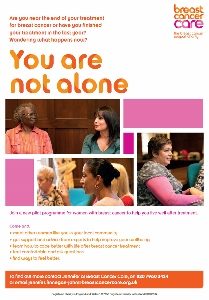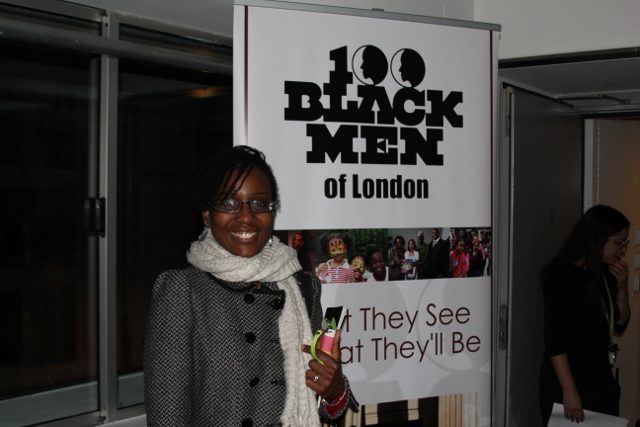Raising Awareness of Prostate Cancer at Trinity Baptist Church
Today, we had a great time raising awareness of prostate cancer at our Understanding Prostate Cancer seminar at Trinity Baptist Church.
This event was a collaboration between The Lake Foundation, Trinity Baptist Church and Prostate Cancer UK and was organised as part of Prostate Cancer UK’s engagement and empowerment pilot which aims to understand the best methods of reaching the black community with the key messages about prostate cancer.
Understanding Prostate Cancer formed part of TBC’s Men’s Fellowship’s monthly breakfast meeting giving us the perfect forum to discuss prostate cancer and raise awareness.
After a lovely breakfast prepared by the Women’s Ministry (thank you!), the seminar began with a welcome and introduction by Abi Begho from The Lake Foundation. This was followed by an excellent presentation by Georgina Graham, a volunteer from Prostate Cancer UK.
From Georgina’s presentation, attendees learnt that prostate cancer is the most common cancer affecting men in the UK with 43,000 cases diagnosed every year and 1 in 8 men expected to develop prostate cancer. We also covered the three main prostate conditions that affect men – an enlarged prostate, prostatitis and prostate cancer. It was stressed that an enlarged prostate and prostatitis are not linked to prostate cancer and do not increase a person’s risk of developing prostate cancer. We then moved on to what symptoms men should look out for and these included:
- Needing to pee more often, especially at night
- Difficulty starting to pee
- Straining or taking a long time to finish peeing
- A weak flow
- A feeling that your bladder has not emptied properly
- Needing to rush to the toilet
- Dribbling urine
It was stressed that these symptoms are associated with non-serious prostate conditions as well as prostate cancer so if men do experience any of these symptoms it could be due to a number of reasons. Furthermore, Georgina gave an overview of the risk factors for prostate cancer, which are:
- Age (prostate cancer is more common in men over the age of 50),
- Ethnicity (black men are twice as likely to develop prostate cancer than other men)
- Family history (men with a father or a brother with prostate cancer are 2.5 times more likely to develop prostate cancer compared to men who don’t have a family history).
Georgina finished the presentation by informing attendees that they have the right to more information if they are concerned and they have the right to have a PSA test if they are 50 and over.
After a lively and interesting Q&A session our second speaker, Eunice Adu-Appiah, took the stage. Eunice gave a presentation on exercise and prostate cancer prevention where she started by explaining the difference between physical activity and exercise –physical activity is any activity that you would normally do (walking, gardening etc) that contracts your muscles and burns calories while exercise tends to be a more intense activity that is structured and has a particular goal (losing weight or improving fitness).
Eunice Adu-AppiahEunice then took us through the research on prostate cancer prevention and exercise showing us that there is research that suggests that people who regularly exercise are at a lower risk of developing prostate cancer. She then went on to give suggestions on how often we should exercise (150 minutes a week) and what types of exercise we should do (cardio and muscle strengthening).
Eunice also dispelled some of the myths around exercise and touched on the common reasons why people don’t exercise, and finished her presentation by reminding the audience that exercise and diet go hand-in-hand and that ultimately we should be aiming to achieve a healthy lifestyle because this will not only reduce prostate cancer risk but the risk of developing a number of diseases.
After another lively Q&A session the seminar ended with a summary by Abi Begho, a thank you from Pastor Mark Akiwumi and a closing prayer by Pastor Amosah.
This was a really useful seminar, the audience was very receptive and engaged and we’d like to say a big thank you to TBC, Prostate Cancer UK, Georgina Graham and Eunice Adu-Appiah for their help in making this event a reality.













